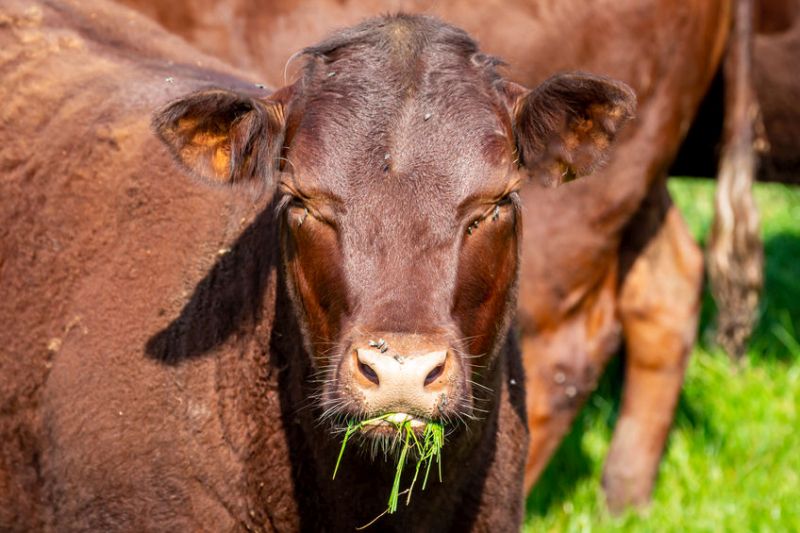
A free service offering farmers biosecurity advice to prevent the spread of TB has been hailed by the majority of farmers who accessed it.
TB Advisory Service (TBAS) – which offers livestock farmers in England free biosecurity advice to protect their animals from TB – has shared a report highlighting the success of the service between 2017 and 2021.
The report shows 2,400 farmers were given over-the-phone advice from TBAS over the four-year-period, with 90% rating the service as 'excellent' and 92% saying 'very useful'.
Sarah Tomlinson, technical director at the TBAS, said the results were 'really encouraging' as it showed TBAS provided value to thousands of farmers.
"[It] has hopefully empowered them to see TB as an infectious disease that they can take steps to control, rather than something completely out of their control.”
Mrs Tomlinson added that the service was designed to show farmers that while there were things they couldn't control, there were things they could control on their own farm.
“TBAS is proactive; we’re trying to reduce the risk of the next TB breakdown on a farm by helping farmers to implement certain measures, but it’s also a tool to go onto a farm where there is a breakdown.”
TBAS' new report also explains the five most common recommendations given to farmers at the end of a visit.
These were: install wildlife cameras; use the ibTB website prior to purchasing animals to ascertain the time of a farm’s last TB breakdown; add barriers to the bottom of gates and doors; use electric fencing to protect routes of entry; and feed animals in badger-proof troughs.
Each farmer was given four recommendations and the report shows 43% had completed three of them by their six-month follow-up call, and just over half had completed two of the tasks.
Mrs Tomlinson said she was keen to remind the industry that TBAS was available to all farm businesses in England and TB susceptible species including camelids and goats.
“The first visit takes a couple of hours. We talk about TB as an infectious disease," she added.
"We look at how TB could arrive and circulate on-farm, and if it’s already on-farm we look at how we can help get the holding clear quicker and stop it coming back.
“With Covid we learned that doing small seemingly insignificant things like wearing facemasks and washing our hands can have an impact on a national disease control.
“It’s the same with TB, little things farmers can do, like shutting their feed store doors at night, will help reduce their own risk but can also have an impact on national TB eradication.”
